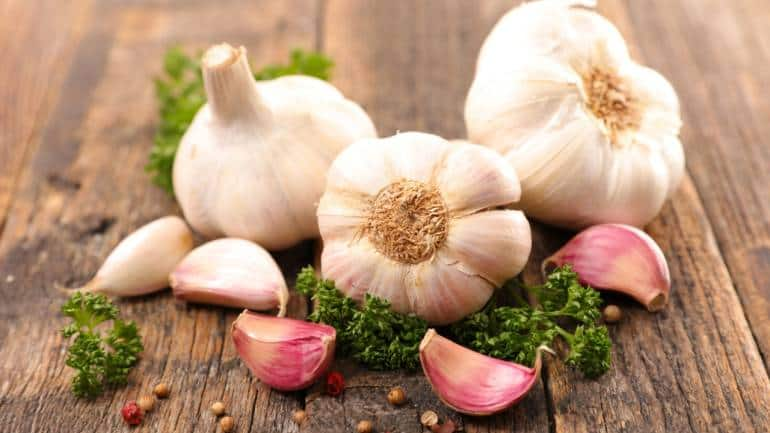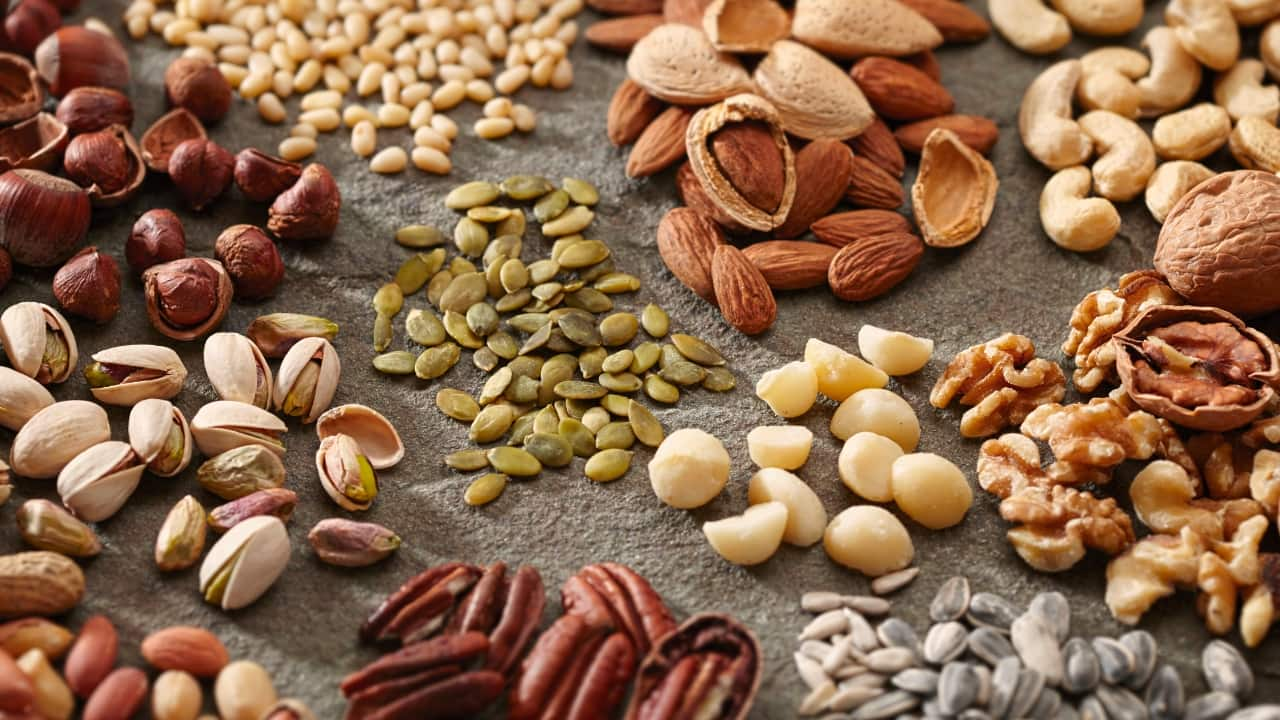Best foods for cancer prevention: Give a nutritious twist to your daily diet to fight cancer
Cancer-fighting foods: While diet alone cannot guarantee cancer prevention, a balanced diet rich in fruits, vegetables, whole grains, and healthy fats can support overall health and may reduce the risk.
1/8

In the battle against cancer, a balanced diet plays a crucial role. While no single food can prevent cancer, certain foods are known to have cancer-fighting properties. Incorporating these into your diet can support your overall health and potentially lower your risk of developing cancer. Here's a list of some of the key foods that have been linked to cancer prevention, explaining how they work and how you can include them in your daily meals:
2/8

Cruciferous Vegetables: Cruciferous vegetables, such as broccoli, cauliflower, Brussels sprouts, and kale, are rich in glucosinolates. These compounds are broken down into biologically active substances that have been shown to have anticancer properties. For instance, sulforaphane, a compound derived from glucosinolates, can inhibit the growth of cancer cells and reduce tumour size. Add a variety of cruciferous vegetables to your diet by steaming, roasting, or stir-frying them. You can also include them in salads, soups, and smoothies for an extra nutrient boost (Image: Canva)
3/8

Berries: Berries, including strawberries, blueberries, raspberries, and blackberries, are packed with antioxidants such as vitamin C, anthocyanins, and ellagic acid. These antioxidants help neutralise harmful free radicals in the body, reducing oxidative stress and inflammation, both of which are linked to cancer development. Berries can be eaten fresh, frozen, or dried. Add them to breakfast cereals, yoghurt, or smoothies. They also make a healthy snack on their own or as part of a fruit salad (Image: Canva)
4/8

Green Tea: Green tea contains polyphenols, particularly catechins, which have been studied for their potential to prevent cancer. These compounds are thought to inhibit the growth of cancer cells and reduce the spread of tumours. Regular consumption of green tea has been associated with a lower risk of several types of cancer, including breast, prostate, and colorectal cancers. Drink green tea daily, either hot or iced. For maximum benefits, opt for freshly brewed tea rather than bottled varieties, which may contain added sugars and fewer beneficial compounds (Image: Canva)
5/8

Turmeric: Turmeric is a spice commonly used in Indian cuisine, known for its active compound curcumin. Curcumin has strong anti-inflammatory and antioxidant properties, and research suggests it may inhibit the growth of cancer cells and reduce tumour development. Use turmeric in cooking to add flavour and health benefits to your dishes. It can be added to curries, soups, and stews. For an extra boost, try a turmeric latte made with milk or a plant-based alternative (Image: Canva)
6/8

Tomatoes: Tomatoes are a rich source of lycopene, an antioxidant that has been linked to a reduced risk of certain cancers, particularly prostate cancer. Lycopene is more readily absorbed by the body when tomatoes are cooked, so dishes like tomato sauce, soup, and roasted tomatoes can be particularly beneficial. Incorporate tomatoes into your meals by adding them to salads, sandwiches, and pasta dishes. Cooking tomatoes with a bit of olive oil can enhance the absorption of lycopene (Image: Canva)
7/8

Garlic: Garlic contains sulphur compounds, including allicin, which have been shown to have cancer-fighting properties. These compounds are believed to reduce the risk of stomach, colorectal, and prostate cancers by helping to repair DNA, slowing cancer cell growth, and reducing inflammation. Add fresh garlic to your meals by crushing or chopping it and letting it sit for a few minutes before cooking. This allows the formation of allicin. Garlic can be used in a wide range of dishes, from soups and sauces to marinades and dressings (Image: Canva)
8/8

Nuts and seeds: Nuts and seeds are rich in healthy fats, fibre, and antioxidants. Specific nuts like walnuts and seeds such as flaxseeds contain omega-3 fatty acids, which have anti-inflammatory properties and may help protect against cancer. Snack on a handful of nuts or seeds, or add them to salads, yoghurt, or oatmeal. Flaxseeds can be ground and added to smoothies, cereals, or baked goods (Image: Canva)
Discover the latest Business News, Budget 2025 News, Sensex, and Nifty updates. Obtain Personal Finance insights, tax queries, and expert opinions on Moneycontrol or download the Moneycontrol App to stay updated!





